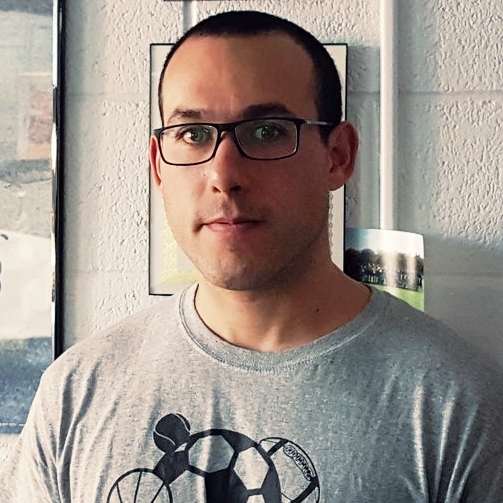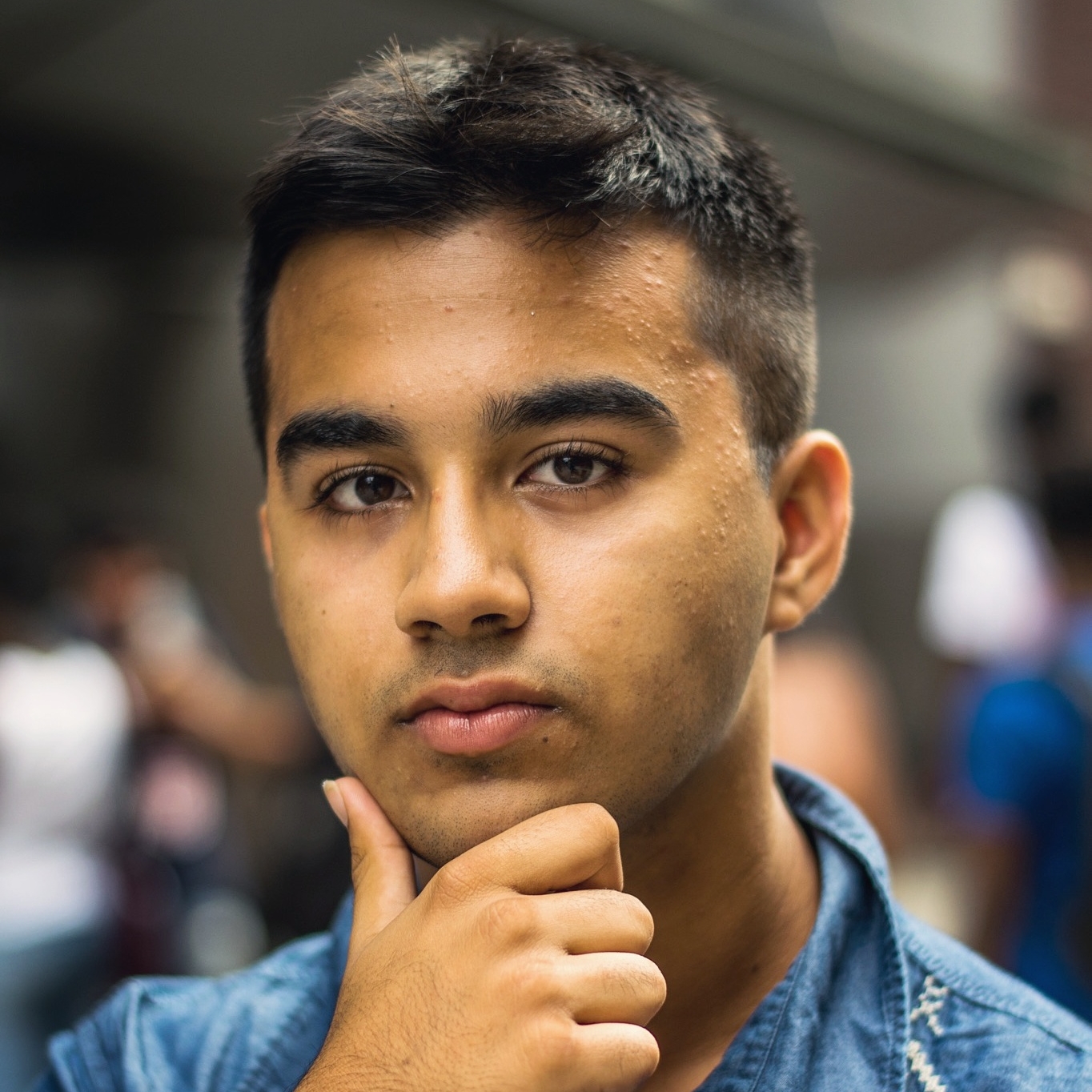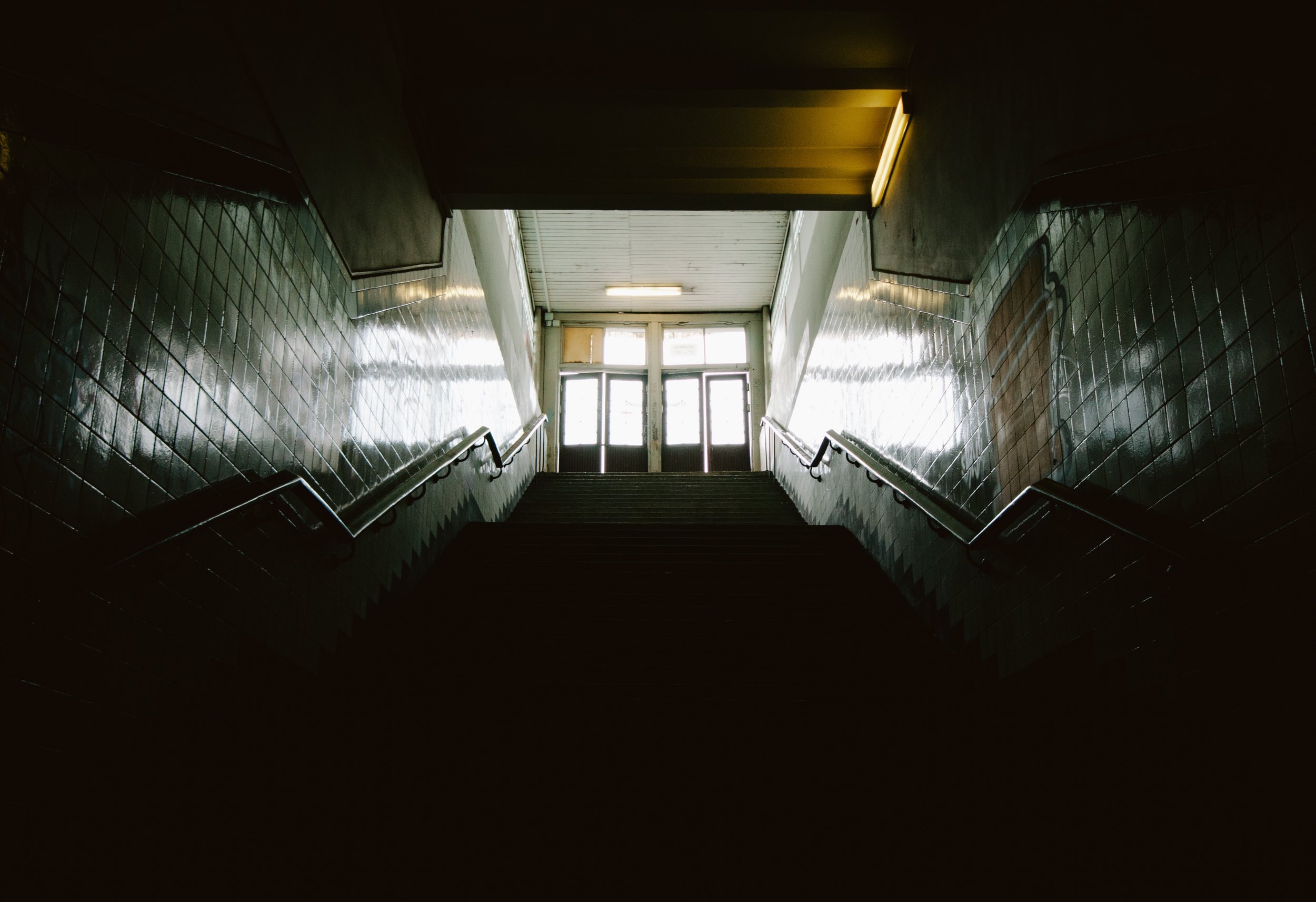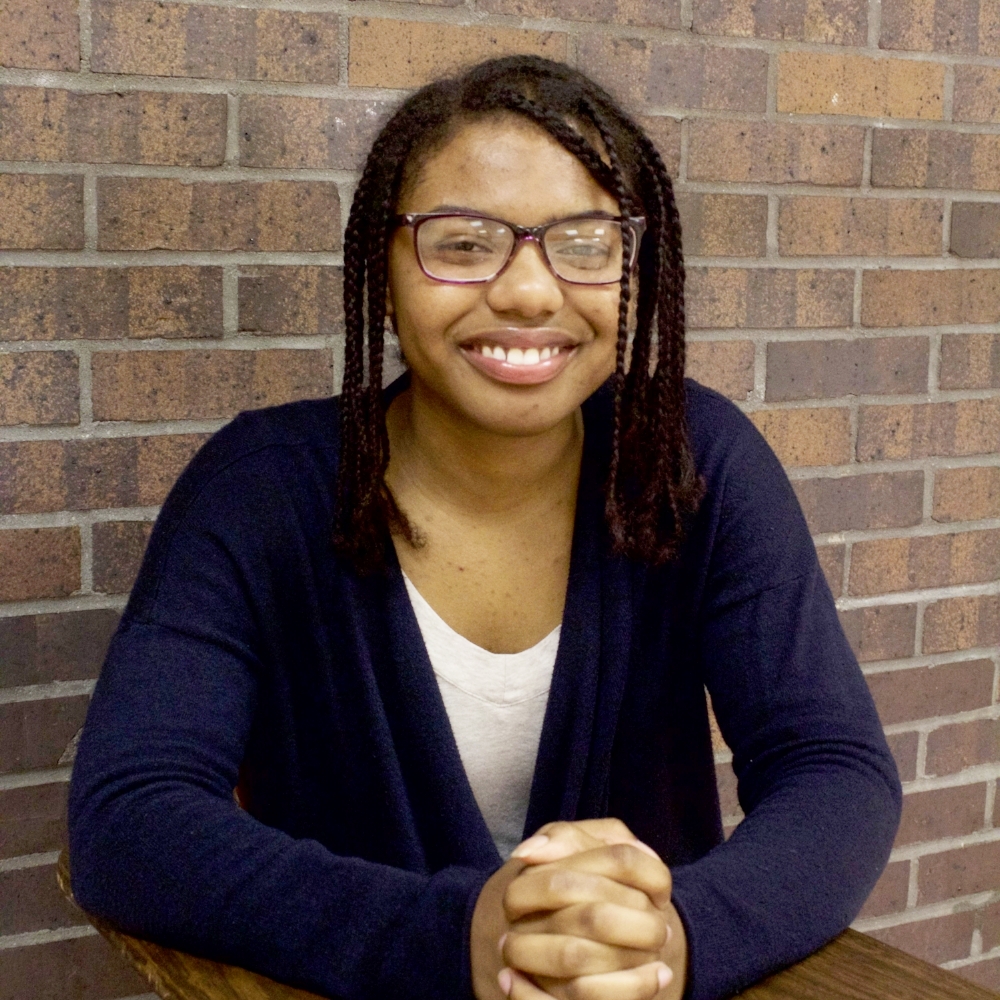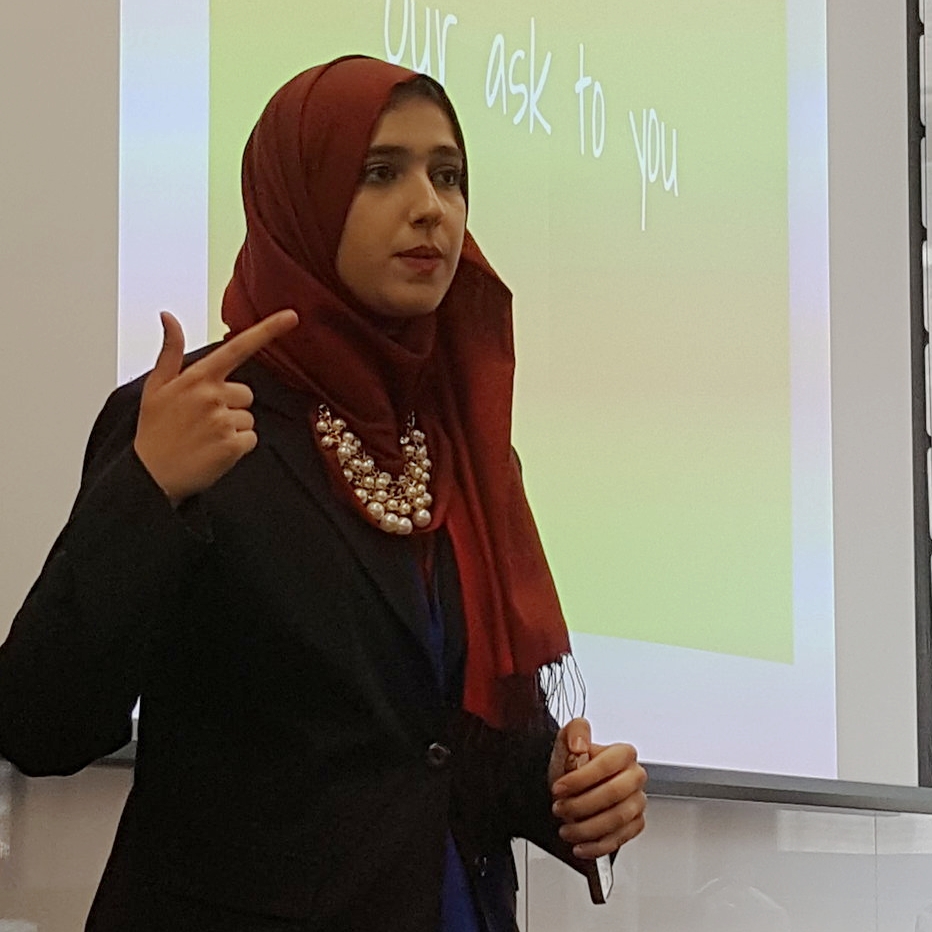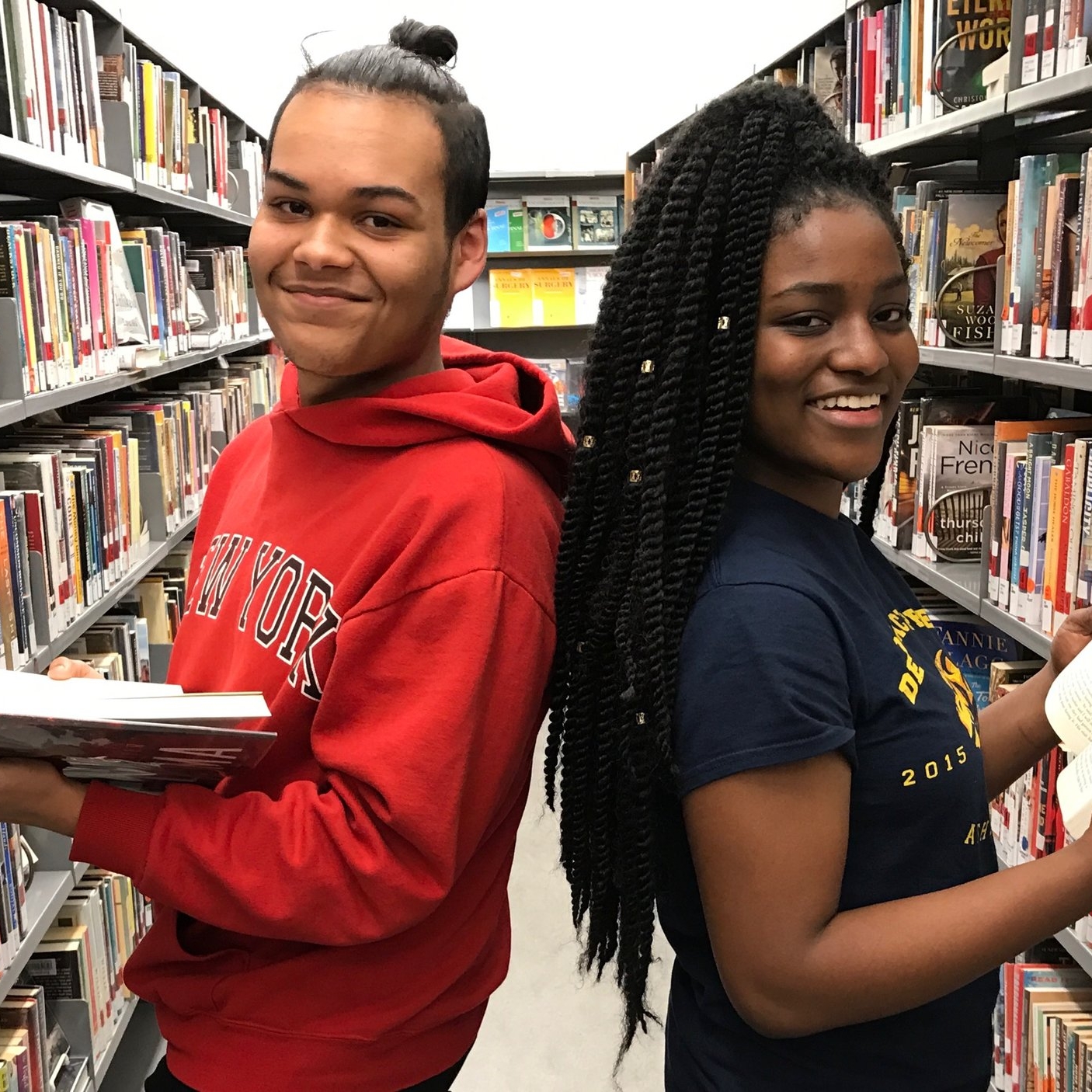Segregation
New York City is home to the nation’s most segregated school system. Students have something to say about that.
Miseducation
When a teacher makes an offensive comment about Black people in class, Black students are unsatisfied with the school’s response.
Coco and Bissiri go to public high schools a few miles away from each other in Manhattan, but their experiences are worlds apart.
A look at what’s changed — and what hasn’t — in the decades long fight for school integration in New York City.
A Brooklyn minister who led the 1964 NYC school boycott argues for school desegregation in wake of the protest.
In Year 2, did the Jaguars make progress toward integration and equity on the court? Did they reach their goal of a city championship?
The new policy means a smaller pool of students will get the chance to attend top public high schools.
Two sports programs – rivals under a single roof – are set to merge. Students ask what it will take for the building to live up to its new motto: “We Are One.”
What is the impact of metal detectors on the students in predominantly Black high schools across New York City and what we can do to change it?
Nearly four years after we first reported on the fight for sports equity in NYC, we have an update.
In an exclusive interview with the Miseducation team, Chancellor Carranza spoke about integration, student discipline, sports, and lots more.
Coco and Bissiri go to public high schools a few miles away from each other in Manhattan, but their experiences are worlds apart.
David Garcia-Rosen and the Fair Play Coalition are fighting for black and Hispanic students to have equal access to sports teams.
The primary purpose of high school is to prepare students for college and careers, but some schools do way better than others.
Black and Hispanic students make up a tiny fraction of the students at New York City’s most selective schools. Students on the inside dive deep into the issue and what we can do about it.
64 years after Brown v. Board of Education, New York City high schools are still segregated. Zoe and Sabrina explain why.
Members of Teens Take Charge testified at the City Council's hearing on school integration earlier this month. Two of them – Whitney and Nelson – help recap what happened.
The season finale features testimony from a dozen members of the student-led group Teens Take Charge, which advocates for educational equity at events across New York City.
On this Extra Credit, we spend 10 more minutes in Noah's world. He talks about role models, gangs, and old friendships.
Many education leaders say: Sure, integration would be nice, but we should focus instead on equal resources. What do students think?
In the 1954 Brown v. Board ruling that outlawed school segregation, did the Court miss an opportunity? One of the researchers essential to the case thought so. Sixty-three years later, you can hear the consequences of that missed chance in the stories of three Harlem teens talking about encounters with white peers.
The city's new school diversity plan is the policy equivalent of a last-minute gift delivered sans wrapping paper or card. The question now among integration advocates: can we at least return it?
With Noah as a guide, we delve into New York City's "open choice" high school admissions process, which leads to hundreds of low-performing schools at the expense of a few stellar ones.
The season kicks off with the story of Noah, a high school student from Brooklyn whose experiences provide a personal look into New York City's segregated school system. Part One tracks Noah's journey from a predominantly white elementary school to a nearly 100% non-white middle school.















